“Clara wrote [her notebooks that bore witness to life] so they would help me now to reclaim the past and overcome terrors of my own.”
Alba, pg 481
The House of the Spirits is a tribute to writing, stories, family, history, and the horrors that divide and the magic that unites. The novel is whimsical, messy, abhorrent, and tender – it reminds me of Garcia’s One Hundred Years of Solitude with its generational storytelling, its magical realism, and the violent male sexuality.
The female characters in this novel are the storytellers – the cantadoras, the keepers of the old stories. Clara, Alba, and Rosa have subtle magical, feminine powers and I found it interesting that sometimes the women’s predictions are incorrect. These mistakes work as elements of suspense in the story once the reader starts to realize that the foreshadowing she has been depending on is unreliable – but it also makes the reader look at the way they view women.
Beautiful, sensual, tender, perfect, flawless – these words (culturally) describe femininity. This is the way we have been conditioned to see women. Conversely, I expect men to make mistakes; for example, in the novel Esteban rapes all of the women in his village. His politics and stubbornness cause more pain in the people around him. He fails to recognize a predator who harms his granddaughter. And because Esteban is the one making all the mistakes, plowing through life, and smacking his wife, I need to be reminded that women are human too. They are not these adjectives or only victims of men’s mistakes. They’re human. And even though our history books, museums, literature, and minds are not filled with them: women’s choices and predictions have consequences too.
Thank you, Isabel Allende. Thank you for telling a story that spans generations. Thank you for reminding me that women’s actions, words, and powers matter.



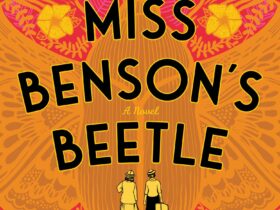


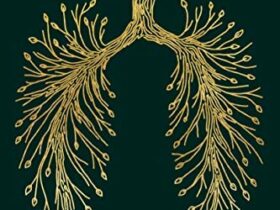


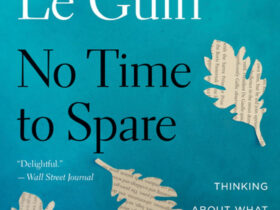

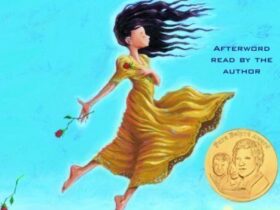

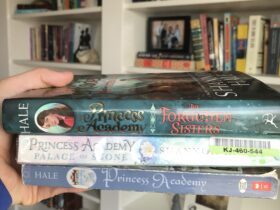
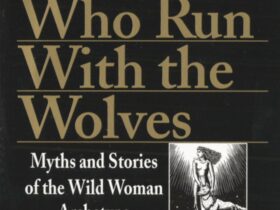



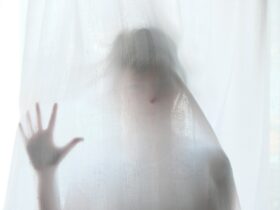

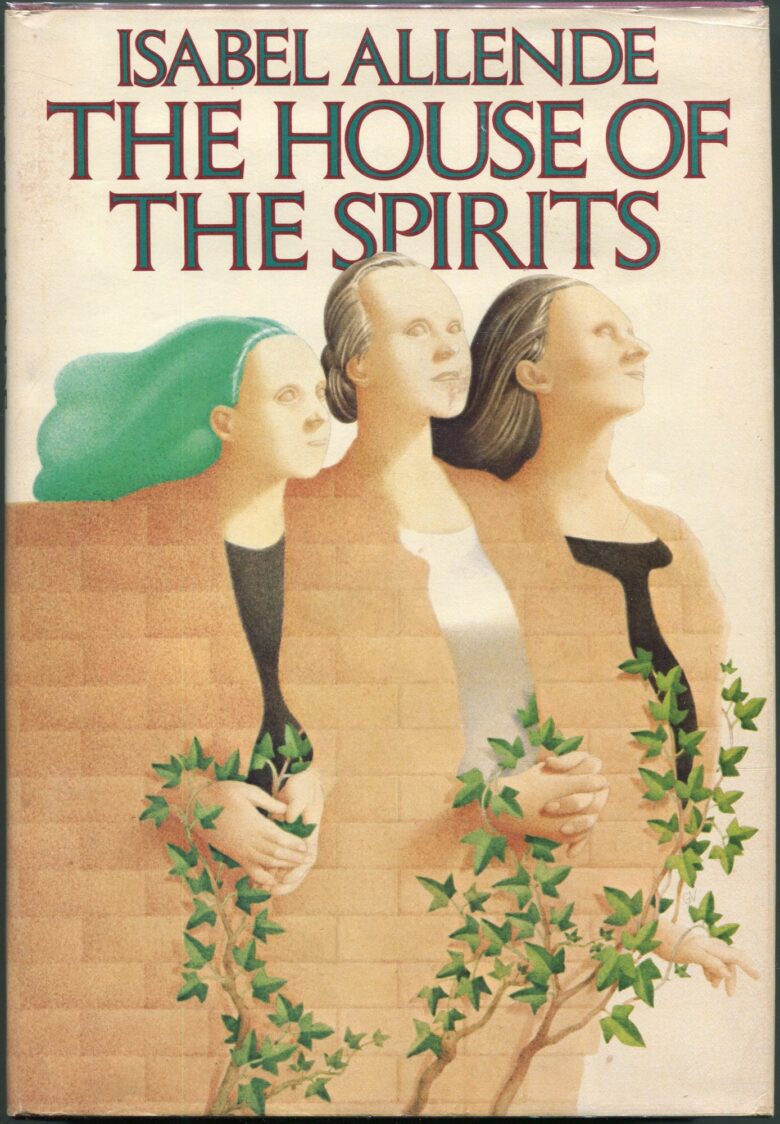

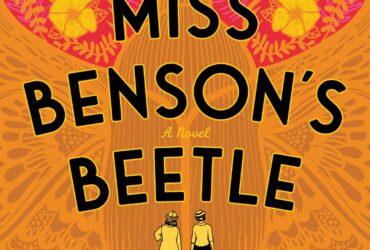



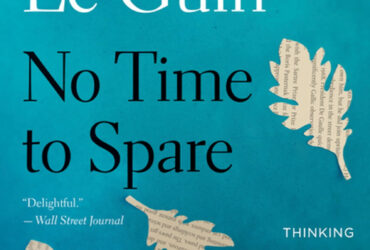

Leave a Reply